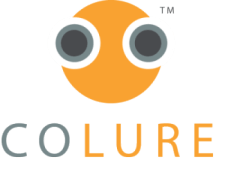For both agencies and their clients, the proofing process can often be more strenuous than the actual creation of the content. In the digital realm, it has become much more simplified. Today many online tools exist that make for a faster exchange of information. Rather than having to shuffle through multiple emails, the project content exists in one space. A digital interface often allows the project to be more collaborative. Even if the two parties never meet in person, a quality product can still be crafted.
Another benefit of the move to online proofing is that it erases the hassle of scheduling conflicts. An agency can send content out to the client whenever it is finished, and they are able to review it at their leisure. They do not have to be confined to an appointment time. The possibility of 24/7 communication means that a client will have the opportunity to give as much feedback as they want.
If a client likes a Japanese agency’s work, it does not matter if that client is based, for example, in Texas. Efficiency and quality can take precedence over proximity.
The switch to online proofing also saves the client money, as it is less expensive to edit digital content than to produce an entirely new physical copy. In fact, it is estimated that online proofing is up to 97% cheaper and twice as fast as reviewing the work face-to-face.
The process eases the workload on both ends. Therefore, it is becoming more difficult to find an digital agency that does not do most of their work digitally. In addition, improving technology means that it does not have to be as impersonal a process. Digitizing one’s work also establishes interactive working relationships. In the future, it is more easily shareable for whatever purpose the client desires.

